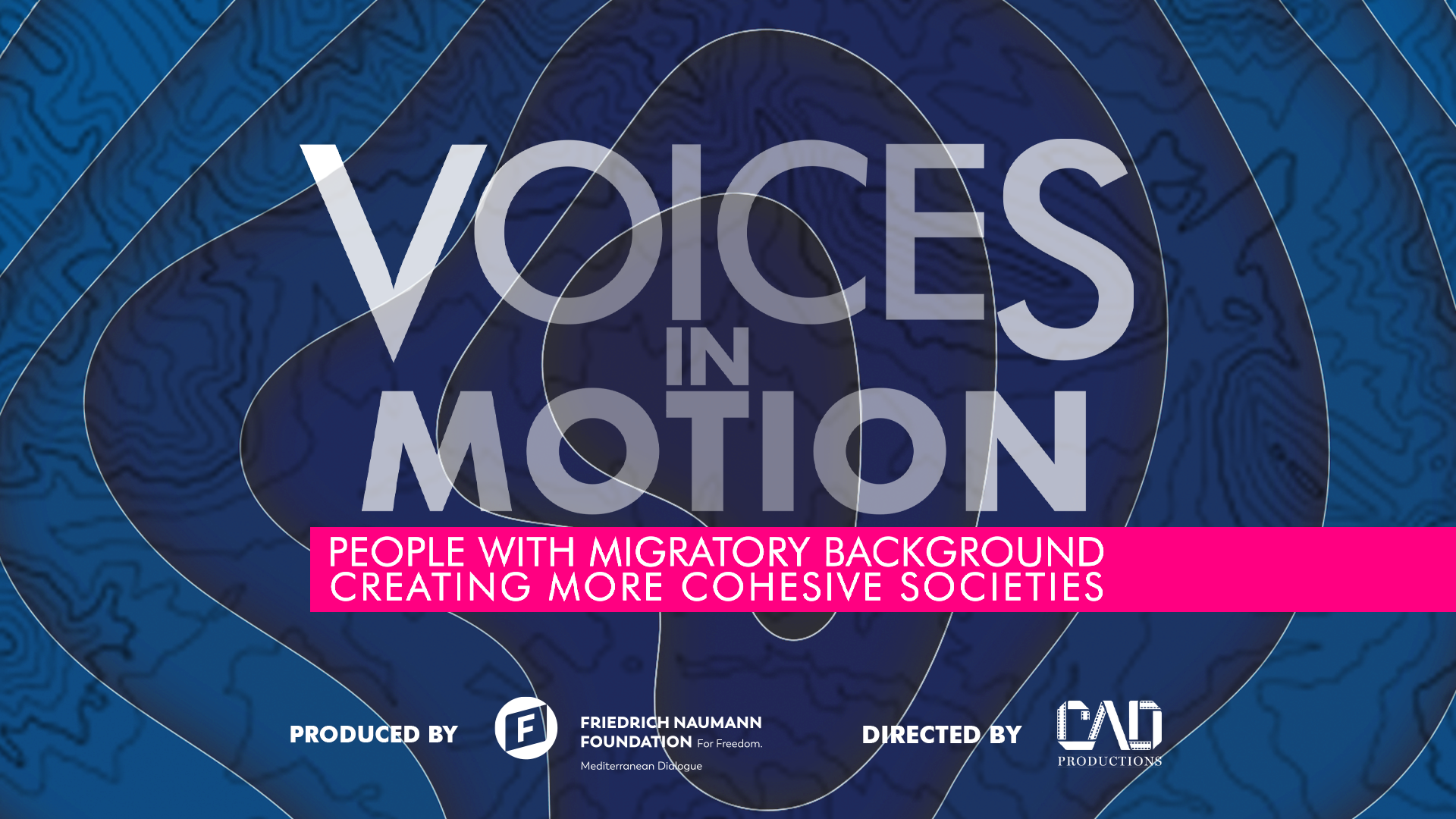MIGRATION
Premiere of the documentary Voices in Motion

Voices in Movement, documentary film, Spain.
© FNF MadridThe Friedrich Naumann Foundation for Freedom has released Voices in Motion, a documentary to bet on a future of equality among young people. The piece has brought together different testimonies of people with a migration background who are committed to giving value to the societies where they go, and making them more cohesive and enriching. In this case, the city chosen was Barcelona.
Thus, immigrants of very different profiles who have arrived at different times in Barcelona from different countries, along with teachers and experts, tell their hard experience and their desire to do their bit, to add value, because coming from another place enriches, and should not be an obstacle to grow. As the Foundation points out, there are now more than 281 million people in the world who live in a country other than their country of origin, compared to 161 million in 1995. Specifically, 2.7 million migrants moved to Europe from non-EU countries and 23 million people in Europe are not from the EU.
The management of migration flows is always an important issue in societies on the European shore of the Mediterranean. The complexity in establishing migration policies makes it an important issue used by the different political currents to mark great differences and distances between them. In most cases, they are shown as just another piece of the geopolitical landscape and not as human beings as they are.
Premiere of the documentary in Barcelona, July 2021


David Henneberger, FNF Madrid Head of Office
© FNF Madrid





In Europe, migration increases economic growth: "75% of immigrants are part of the working population, in addition to innovation rates, as more than 40% of global patent applications come from migrants". Specifically, "since 2006, the migrant population has accounted for 70% of the new labor market assets in Spain".
As Gloria Rendon, an expert in the design and implementation of migration policies in Spain, commented in the debate after the premiere, "there are very serious studies throughout history that show that a large part of the growth of global cities, such as London or New York, and of the world's major economies is related to the presence of migrants and the diversity and innovation that these people bring". He also stressed that "Spain is already at the same pace of challenges as the large economies and countries that have received migrant populations. Barcelona, for example, already has almost 28% of its population born abroad, not counting people with ethnic backgrounds. Thus, we must understand that we are already a diverse society".
You can watch the full documentary here (OV in Spanish with English subtitles).
Migration and employment, the numerical reality of a social taboo
As cited in the documentary, since 2016, unemployment among Spanish citizens has decreased from 19% to 14%. Unemployment among the immigrant population remains above 25%. 69% of migrant sons and 60% of daughters never reach high school. Thus, as emphasized, in Spain, the annual income of national men is more than double that of immigrant women from Africa.
To reject all migrants per se is a moral bankrupt because as a civilized society we also have that responsibility to people who seek asylum because of their personal situation, politics or gender identity.

